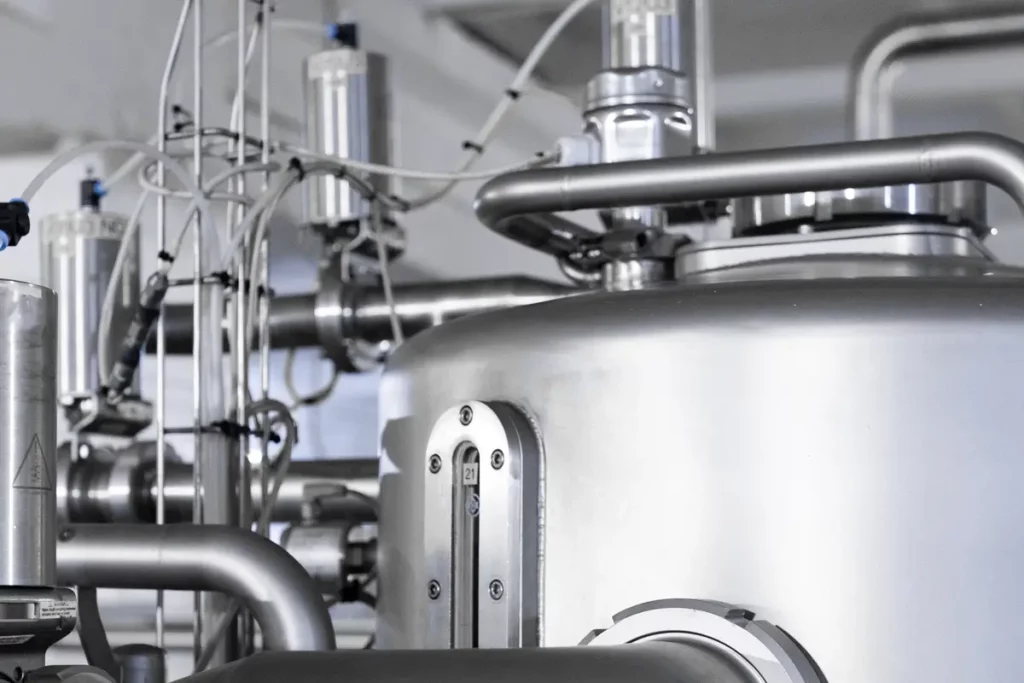Australia is the world’s driest inhabited continent, and managing water resources is among the most critical issues for the country. With a rapidly growing population and climatic change, ensuring stable water provision is essential for the well-being of communities and the economy.
One of the primary tools for managing water resources in Australia is level control valves. These valves help maintain water levels and flow rates in reservoirs, water treatment plants, and irrigation systems. In this blog, we’ll explore the significance of level control valves in Australian waterworks and how they play a vital role in various applications.
What are Level Control Valves?
Level control valves regulate the flow of fluid in and out of a tank or a storage facility to maintain a consistent liquid level. These valves are typically used in industrial settings where precise control over liquid levels is required for maintaining quality and usage demands. They work by sensing the liquid level in the tank and adjusting the flow of fluid accordingly.
There are several different types of level control valves, including float valves, diaphragm valves, and electronic control valves. The choice of level control valve depends on the specific application, such as the type of liquid being stored or the required level of accuracy in maintaining the liquid level.
Overall, level control valves are a key component of water management systems, as they enable precise control over liquid levels and help ensure a reliable water supply for communities and industries.
Applications of Level Control Valves
Level control valves have a wide range of applications in waterworks, from regulating water levels in reservoirs to maintaining a constant flow in water treatment plants. Here are some common uses of level control valves in waterworks:
1. Plastic Irrigation Systems
Plastic irrigation systems use plastic pipes, valves, and fittings to distribute water to crops. They are typically used in areas with low to moderate water requirements, such as vegetable gardens, fruit orchards, and small farms.
Level control valves in plastic irrigation systems work by regulating the flow of water through the plastic pipes. The valves can be adjusted to open or close based on the desired water flow, which in turn affects the amount of water that reaches the plants. This allows for precise control over the amount of water that is delivered to the crops, preventing over-watering or under-watering. Additionally, level control valves can be used to maintain a constant water level in a storage tank, ensuring a consistent water supply for the irrigation system.
2. Large Surface Area Reservoirs
Large surface area reservoirs, designed to store large volumes of water, are an important component of water supply infrastructure. These reservoirs can serve a variety of purposes, including drinking water storage, irrigation, and hydroelectric power generation. Level control valves are used in large surface area reservoirs to regulate the water levels and maintain a consistent flow of water. These valves effectively prevent the water in the reservoir from overflowing, which can cause damage to the surrounding areas.
3. Low-Volume Reservoirs
Low-volume reservoirs are small bodies of water designed to store a relatively small volume of water for irrigation, firefighting, or other industrial applications. Level control valves are particularly important for low-volume reservoirs because they typically have a small capacity and can quickly become depleted if the water levels are not managed carefully. By controlling the flow of water, level control valves can help keep the reservoir full and provide a reliable supply of water for the intended usage.
4. Installation Sites with No Power Supply
Level control valves that operate without electricity are a practical solution for areas with no power supply. These valves work by utilising natural pressure or gravity, making them ideal for use in remote locations or installation sites where electricity is not available.
Float valves and diaphragm valves are two common types of non-electric level control valves. Float valves operate by using the natural pressure of the fluid, with a float that rises and falls according to the liquid level, while diaphragm valves use a flexible diaphragm to regulate fluid flow. Both types of valves are simple yet reliable, providing an effective means to maintain a consistent liquid level in tanks or reservoirs without the need for external power source.
5. Fertiliser Mixing Tanks
Fertiliser mixing tanks are used to prepare liquid fertilisers for agricultural purposes. The process involves mixing different types of fertilisers and additives in a tank to achieve a specific nutrient composition. Accurate mixing ratios are essential to ensure that the crops receive the right amount of nutrients, minimising the risk of over or under-fertilisation.
Level control valves are used in fertiliser mixing tanks to achieve precise mixing ratios, ensuring that the correct amount of fertiliser is added to the tank. This can result in better crop yields and reduced fertiliser costs by minimising waste and promoting the even application of nutrients.
6. Constant Level Control Systems
Level control valves play a crucial role in maintaining a constant water level in tanks where a full tank level is required. For example, in fire protection systems, it is necessary to maintain a full tank level to ensure that an adequate supply of water is available in case of fire emergencies.
When the water level in the tank drops below a certain level, the valve opens to allow more water to flow in, maintaining the full tank level. When the tank is full, the valve closes to prevent overfilling and water wastage. This constant level control system ensures that the water supply is always available, without the need for manual intervention.
Choose the Right Level Control Valves
Whether you are designing a new water management system or upgrading an existing one, it is important to work with a knowledgeable level control valve supplier to help you select the appropriate valves for your needs. By doing so, you can ensure that your system operates at optimal efficiency with reduced operating costs and minimal downtime.
If you’re seeking the right level control valves to enhance the efficiency and reliability of your waterworks system, choose John Valves. As the leading valve manufacturers and suppliers in Australia, our knowledgeable team can help you select the ideal valves for your needs. Contact us today to explore your options.



